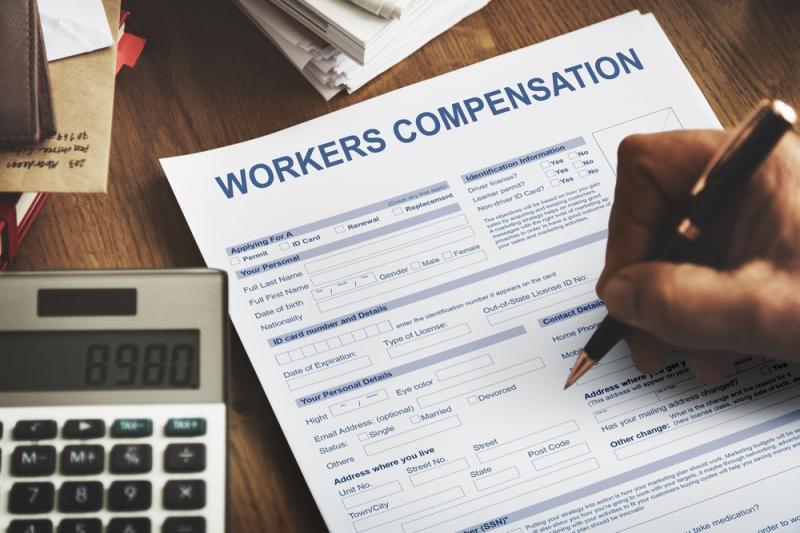How Does the Workers Comp Process Work?

You’ve been hurt at work, you’ve seen a doctor, and now you’ve got medical bills that need to be covered. Depending on the severity of your injuries, you may need more medical treatment in the future. Luckily, your employer is required to carry workers’ compensation insurance to cover your costs. But how does the process work?
These are the steps involved in filing a workers’ comp claim. You’ll need documentation of your injury, so be sure to keep your medical bills and any other paperwork you have that is related to your injury together in a place where you can easily find it.
1. Report Your Injury
The first step in the claims process is to report your injury to your company’s human resources department in writing. Be sure to report your injury before the deadline, which is different in each state. In some states the deadline may be as little as 30 days, while others may give you a year or more to report your injury. It’s always best to report it as soon as possible.
In cases where you are seeking workers’ comp for an illness, such as one caused by long-term exposure to toxic hazards in the workplace, it may not be possible to report your condition before the deadline. In these instances, you should report your condition as soon as it is known.
2. Complete the Paperwork
After you’ve reported your injury, the next step is to complete the paperwork, which will be provided to you by your employer. This will typically include forms for the company’s insurance provider, information about your rights, and information about returning to work. In some states, it will also include paperwork to be given to the state workers’ compensation board.
In some cases, you will be provided with this information before you seek medical treatment. In the case of serious accidents that may not be possible because you may have had to rush to the hospital right away or even be transported to the emergency room by ambulance.

3. File Your Claim
Filing the workers’ comp claim isn’t something you need to take care of. It’s your employer’s responsibility to submit the completed paperwork to the insurer. In addition to this, the doctor is responsible for submitting your medical report. In some states, paperwork will also need to be submitted to the state workers’ comp board.
4. Wait For a Decision
This is the most nerve-wracking part of the workers’ compensation process. You’re injured, you’ve reported it, you’ve completed the necessary paperwork, and there’s nothing left to do but wait to learn whether or not your claim will be approved or denied. You may get a lump sum payment or a structured settlement.
If your workers’ comp claim is approved, your company’s insurer will contact your employers to discuss the details of your payment. While you are receiving benefits, your employer may ask you to get a medical examination from a physician of their choice. They can also go to a workers’ comp judge and have an exam ordered if you refuse.
If the insurer determines that your injury doesn’t qualify for workers’ compensation, they will deny your claim. Here are some of the reasons a claim may be denied:
- Your injury was caused by misconduct.
- Your injury was self-inflicted.
- You were hurt while you were under the influence.
- You were injured while you were committing a crime.
- Your injury didn’t happen while you were doing your job duties.
- Your condition was caused by stress.
According to Atlanta workers’ compensation attorneys, you have the right to take legal action if your workers’ comp insurer denies your claim. To do this, you will need to request a hearing with the State Board of Workers’ Compensation. At the hearing, you will have the opportunity to present evidence that demonstrates that you do qualify to receive compensation.
If this fails, you can file an appeal, but you must do so within 20 days of receiving your notice of denial. You will file this appeal with the Appellate Division of the State Board of Workers’ Compensation.
More to Read:
Previous Posts:




